I’ve been stretched for time over the last ten weeks as I’ve been engaged, emotionally and intellectually with a MOOC. those of you who know what a MOOC is will understand and the rest of you will be saying yer’wha?
MOOC stands for Massive Open Online Course, one of the many free on-line courses run by major universities and colleges around the world but mostly from the United States. I signed up for a 10 week course in Modern and Contemporary American Poetry (ModPo) run by that iviest of Ivy League universities, the University of Pennsylvania and, quite honestly, I’m a man set on fire.
It is an astonishing thing that anyone can sign up for courses of this quality absolutely free and from anywhere in the World. Apparently this year the course has around 35,000 students internationally all part of a virtual campus where we participate in video seminars, online forums as well as using the usual social networking sites Facebook and Twitter. Apparently this course has now had over a million posted communications between the students and the courses’ inspired professor, Al Filreis, and his enthusiastic and razor-sharp team of teaching assistants. This is another example of the miracle that is the worldwide web and an answer to all those short-sighted people who still think that the internet is just a load of sex and/or trivia. For a simple Brit with poetry-writing pretensions, it has been a crash course in inspiration where I have had to put my brain to unscrambling Modernist American poetry and often finding meaning for the first time in poems that had previously just drifted nonchalantly over my head. This course is no dumber-down of difficult modern art but it is open to anyone who is prepared to experiment with their own understanding of the world around them.
So a big thank you to the university of Pennsylvania, to Coursera.com the pioneering originator of MOOC s, to the ModPo team and, of course, to all those life-changing American poets many of whom I was encountering for the first time:
First the great 19th Century pioneers of modernist poetry, Emily Dickinson and Walt Whitman – both intellectual and social mavericks who have defined most American poetry in the 20th and 21st Century, I’ve read them before but now I see them altogether differently.
Then two great Modernists, William Carlos Williams, the doctor and now one of my favourites…
…and Gertrude Stein who have alerted me to the connections between the early Modernist painters and American poetry. I never thought I’d read Gertrude Stein let alone enjoy reading Gertrude Stein – wow!
Then the Beats where familiarity has grown stronger seeing these guys in context…
I was lucky enough to know, spend time with and to like Allen Ginsberg through my television work but I now hold him and Jack Kerouac in new respect. Kerouac has made me look again at every word I write.
…Frank O Hara, the poet of I-did-this-I-did-that style and who found a way of making it new by linking his daily lunch breaks to matters of universal importance and, yes, fun.
Two experimental writers have challenged me to start ‘making it new’ in my own poetry. I’ve known John Cage as a challenging, profound and playful composer but I am new to his poetic experiments as I am with an entirely new discovery, Bernadette Mayer. I’ve finished this course with their ideas ricocheting around my brain and, yes, I’ve even started using their styles in my own work and lived to tell the tale.
Between these poets and all the others covered on this course, it is an extraordinarily challenging body of work and I, for one, know that I’ve only just started to skim the surface on my journey to learn from them and to improve my own work. So thanks again to you all and to ModPo for making me rethink what ‘this’ means.
——————————————————————————————————————–
After all those great writers, it is with genuine modesty that I link to my novel, Stephen Dearsley’s Summer Of Love, was published on 31 October 2013. It is the story of a young fogey living in Brighton in 1967 who has a lot to learn when the flowering hippie counter culture changes him and the world around him.
…or from Amazon:




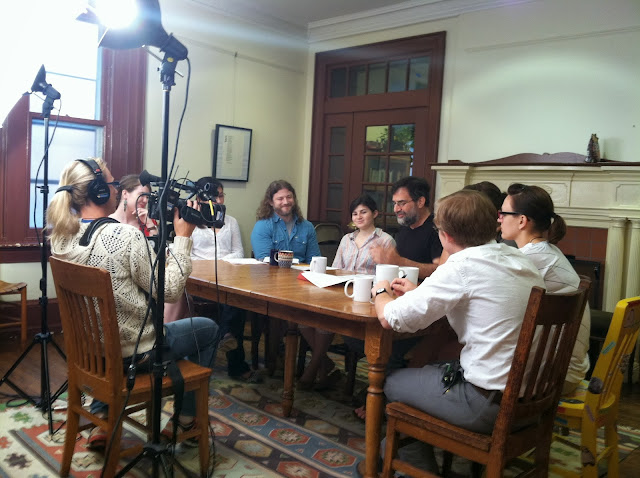
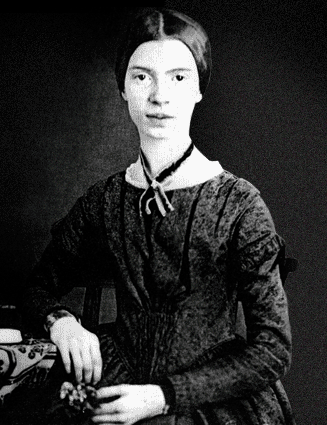



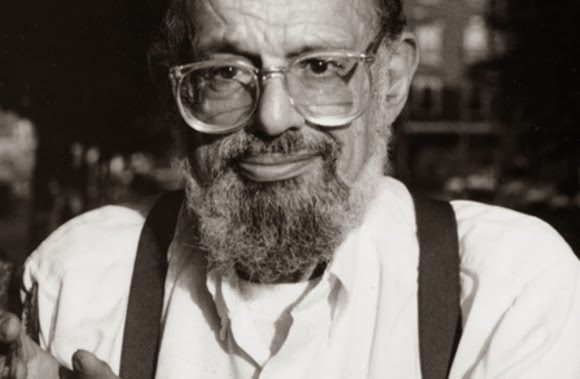

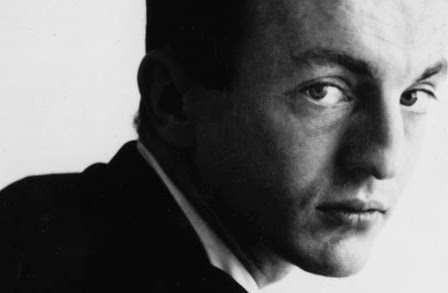


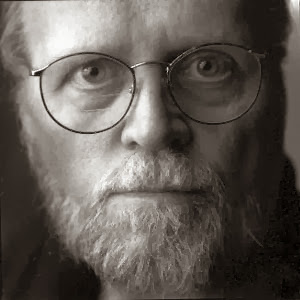
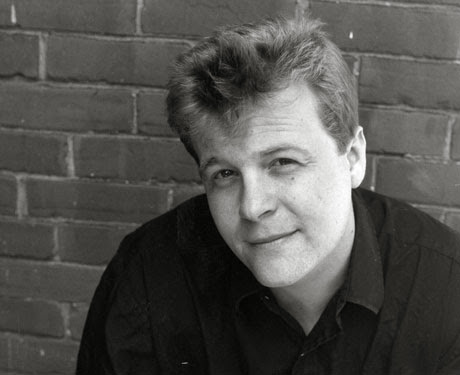


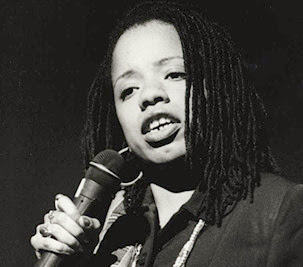
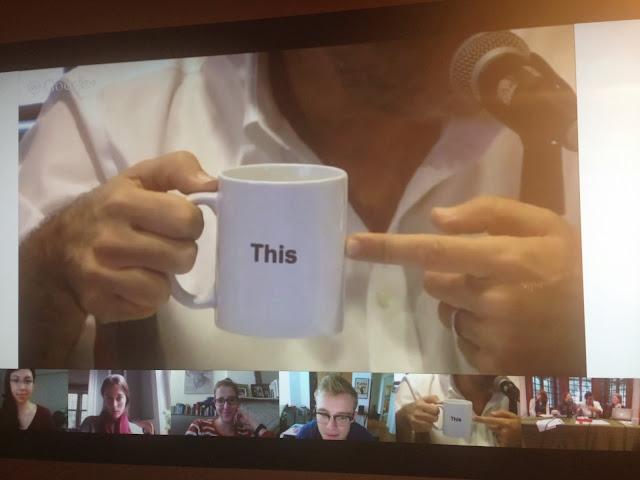

Wow! So much here! First, I have been embroiled in all sorts of talks about MOOC's, both with people at Harvard and Wesleyan, and it's great to have it discussed in an educational point of view rather than just financial! I'm so glad to hear that it works. And, I'm afraid to say that I know nothing of the last few American poets you mentioned, and I really most go look into them. I may be an American, but clearly I'm not an American poet.
Pleased you found it interesting, Sue – it's really woken me up. I'd rather like to be an American poet!